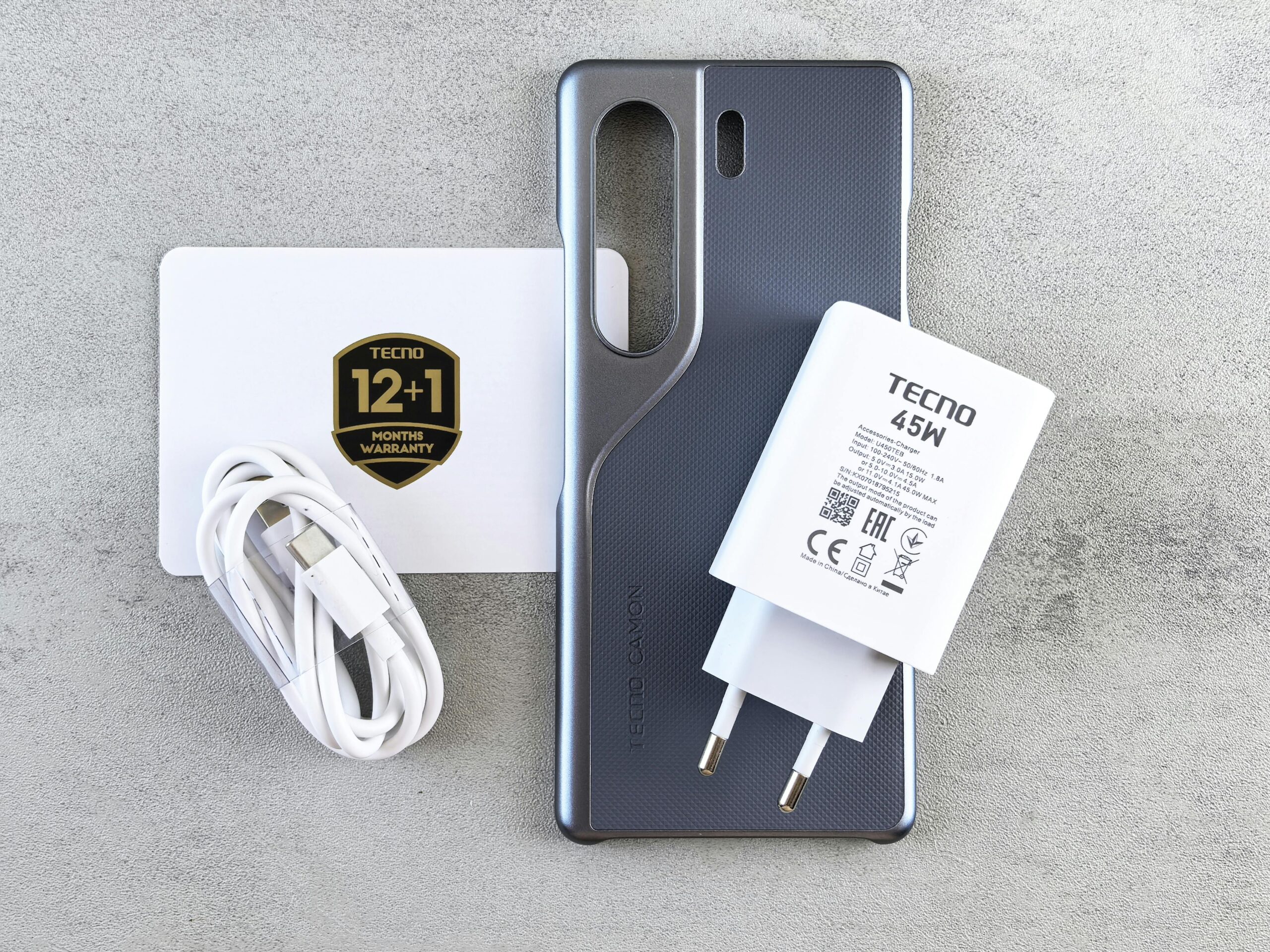Don’t Get Caught Off Guard! What Every Kenyan Shopper Needs to Know About Warranties
We’ve all been there: you buy a new electronic gadget, a household appliance, or even a piece of furniture, only for it to malfunction sooner than expected. In Kenya, knowing your rights as a consumer, especially concerning product warranties, can save you significant frustration and money.
At Retail Place, we believe informed shoppers are empowered shoppers. This comprehensive guide will demystify product warranties, helping you understand what they are, what they cover, and how to make sure you’re protected under Kenyan law.
What Exactly is a Product Warranty?
Simply put, a product warranty is a guarantee from the seller or manufacturer that a product will meet certain standards of quality and performance for a specified period. If the product fails due to a manufacturing defect within this period, the warranty typically covers repair, replacement, or a refund.
In Kenya, consumer protection regarding warranties is largely governed by the Consumer Protection Act, 2012 and the Sale of Goods Act (Cap 31). These laws establish crucial safeguards for buyers.
Types of Product Warranties You’ll Encounter in Kenya
Understanding the different types of warranties is key:
- Express Warranties:
- These are explicit promises made by the seller or manufacturer, either verbally or in writing.
- Examples: A label stating “1-year warranty on manufacturing defects,” a salesperson guaranteeing “this phone’s battery lasts 8 hours,” or a detailed warranty card included with an appliance.
- Important for Kenyans: Always get express warranties in writing (e.g., on your receipt, a dedicated warranty card). While verbal warranties can be legally binding, proving them in court can be challenging.
- Implied Warranties:
- These are unwritten, automatic guarantees that apply to goods by law, even if not explicitly stated by the seller. They are fundamental rights consumers have in Kenya.
- Implied Warranty of Merchantability: This means the product must be of reasonable quality and fit for its ordinary purpose. For example, a new refrigerator must be capable of cooling food, and a new phone must be able to make calls.
- Implied Warranty of Fitness for a Particular Purpose: This applies when you, the buyer, rely on the seller’s expertise to choose a product for a specific, non-standard purpose. For example, if you tell a salesperson you need a phone that is waterproof for your job, and they recommend a specific model, there’s an implied warranty that that phone is indeed waterproof.
- Kenyan Law: The Consumer Protection Act, 2012, ensures goods are “of a reasonably merchantable quality” and “usable for normal use for a reasonable length of time.”
What Do Warranties Typically Cover (and Not Cover)?
While specifics vary, most warranties in Kenya generally cover:
- Manufacturing Defects: Issues arising from flaws in the product’s design, materials, or assembly.
- Hardware Malfunctions: If an electronic component stops working as intended under normal use.
What they typically don’t cover (read the fine print!):
- Accidental Damage: Spills, drops, physical breakage, power surges not due to product defect.
- Normal Wear and Tear: Gradual degradation (e.g., battery capacity reduction over time, cosmetic scratches).
- Misuse or Abuse: Damage resulting from using the product outside its intended purpose or ignoring operating instructions.
- Unauthorized Repairs: Damage caused by repairs or modifications done by anyone other than an authorized service center.
- Software Issues: Often separate from hardware warranties unless specifically stated.
- Consumables: Items like printer ink, batteries (beyond initial defects), or light bulbs.
Manufacturer vs. Retailer vs. Extended Warranties
- Manufacturer’s Warranty: Provided by the company that made the product (e.g., Samsung, LG). Often valid at authorized service centers globally or regionally.
- Retailer/Shop Warranty: Offered by the store where you bought the item. This can sometimes be less reliable if the shop closes or is uncooperative. However, under Kenyan law, the seller primarily bears the responsibility for implied warranties.
- Extended Warranties/Service Contracts: These are optional, additional purchases that extend coverage beyond the standard manufacturer’s warranty.
- Consider carefully in Kenya: They come at an extra cost. Evaluate if the benefits outweigh the price, considering the product’s expected lifespan and your risk tolerance. Always read the terms and conditions meticulously.
How to Claim Your Warranty in Kenya: A Step-by-Step Guide
If your product develops a fault within the warranty period, here’s what you should do:
- Keep All Documentation: This is crucial!
- Original purchase receipt or invoice.
- Warranty card (if provided) and any packaging.
- User manual (for troubleshooting or understanding proper use).
- Identify the Issue: Clearly describe the problem. Take photos or videos if possible.
- Contact the Seller/Retailer First: Under Kenyan law, your first point of contact should generally be the seller.
- Explain the issue and provide your proof of purchase.
- They are obligated to offer a reasonable solution (repair, replacement, or refund) for defects covered by warranty or implied conditions.
- Contact the Manufacturer (if applicable): If the retailer is unhelpful or refers you, contact the manufacturer’s authorized service center in Kenya. They will typically require your proof of purchase and the product’s serial number.
- Document All Communication: Keep a record of dates, names of people you speak to, and summaries of conversations. If communicating via email, save all correspondence.
- Escalate if Necessary: If you face resistance or an unsatisfactory resolution:
- Competition Authority of Kenya (CAK): This body has a Consumer Protection Department that handles consumer complaints and can mediate disputes.
- Kenya Bureau of Standards (KEBS): For issues related to product quality and safety standards.
- Seek Legal Advice: For complex or high-value disputes, consulting a lawyer specializing in consumer law might be necessary.
Retail Place’s Final Advice for Kenyan Shoppers
- Read the Fine Print: Before purchasing, always check the warranty terms and conditions. Understand what’s covered, for how long, and the claims process.
- Don’t Rush Your Purchase: Take time to research products and the reputation of the seller regarding after-sales service.
- Your Rights Matter: Remember that the Consumer Protection Act, 2012, provides you with fundamental rights as a consumer in Kenya, even if an express warranty isn’t explicitly given. Goods must be fit for purpose and of merchantable quality.
By understanding your product warranties, you can shop with confidence and ensure you’re well-protected against unforeseen issues. Make informed choices and enjoy your purchases, knowing Retail Place has your back!







1 Comment